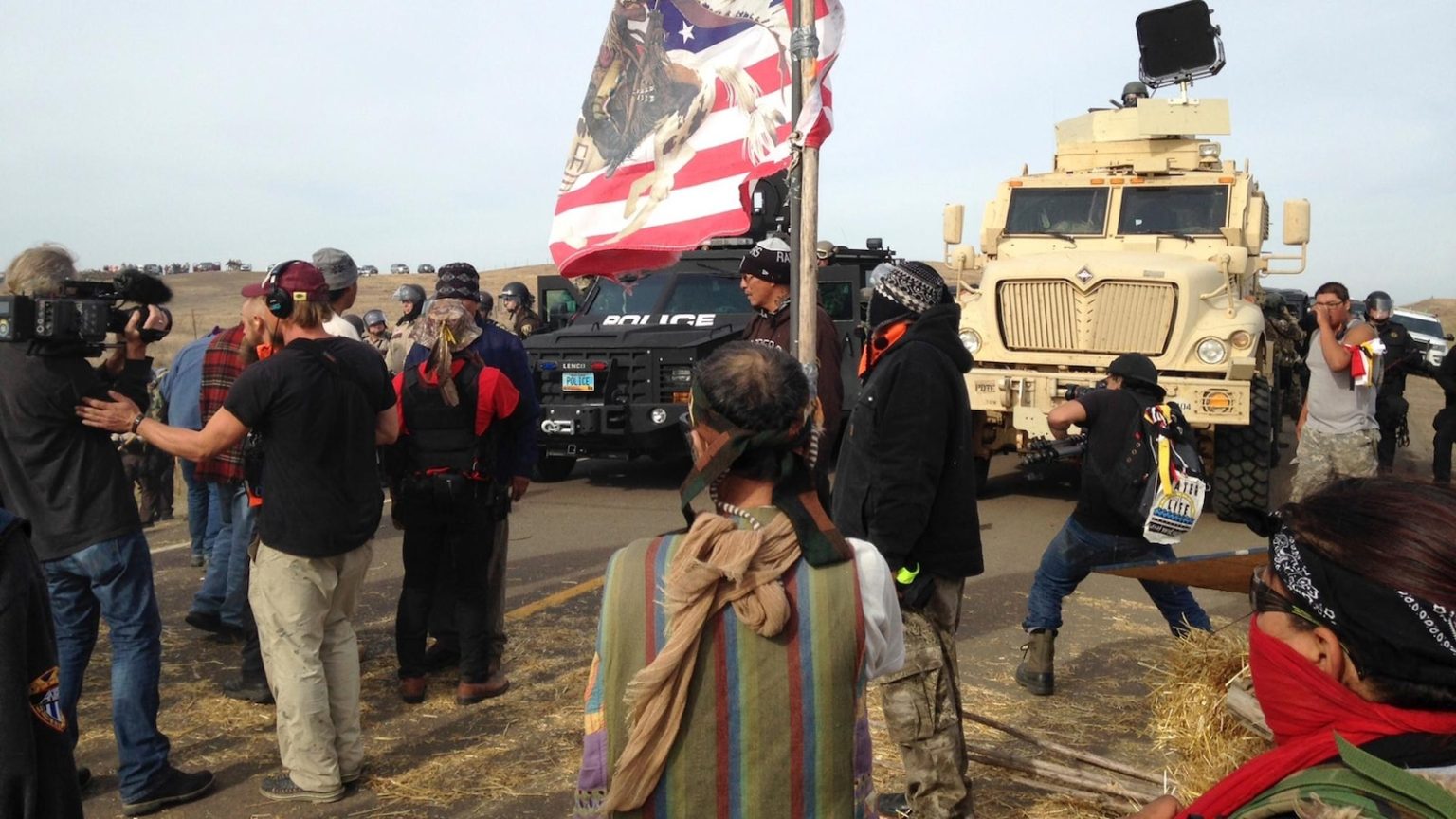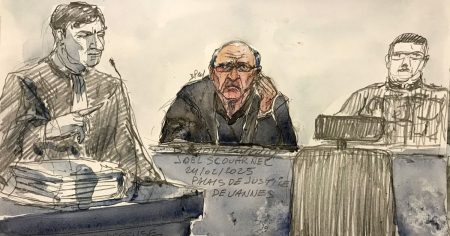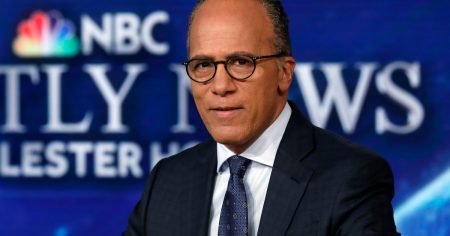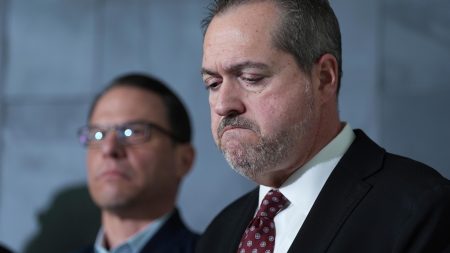The Dakota Access Pipeline Protests and the Trial Against Greenpeace
The trial between Texas-based Energy Transfer and the environmental advocacy group Greenpeace began in Mandan, North Dakota, on Monday. This high-stakes legal battle revolves around allegations of defamation, disruptions, and attacks during the protests against the Dakota Access Pipeline (DAPL) in 2016 and 2017. Greenpeace has framed this case as a critical test for free speech rights and a direct threat to its ability to operate as an environmental advocate. Energy Transfer, on the other hand, argues that the lawsuit is about upholding the law and holding Greenpeace accountable for its actions during the protests.
The Background: Dakota Access Pipeline and the Standing Rock Protests
The Dakota Access Pipeline, completed in 2017, transports oil from North Dakota to Illinois. The project became a focal point of national and international attention due to the fierce opposition from the Standing Rock Sioux Tribe and thousands of allies who joined them in protest. The tribe argued that the pipeline, which crosses the Missouri River, threatens its water supply and sacred lands. The protests were largely peaceful but resulted in hundreds of arrests and reports of clashes between demonstrators and law enforcement.
Energy Transfer, the company behind the pipeline, filed a lawsuit in North Dakota state court against Greenpeace International, Greenpeace USA, and the Greenpeace Fund. The lawsuit accuses the environmental group of trespass, nuisance, defamation, and other offenses, claiming that Greenpeace coordinated and encouraged illegal activities during the protests. Energy Transfer is seeking millions of dollars in damages, alleging that Greenpeace’s actions delayed construction and tarnished the company’s reputation.
Greenpeace’s Defense and the Broader Implications
Greenpeace has vigorously defended itself, arguing that it is being unfairly targeted for its role in advocating for environmental justice and human rights. The organization claims that the lawsuit is part of a broader strategy to silence critics of the oil industry. Greenpeace International, based in the Netherlands, has argued that it should not be included in the lawsuit because it operates outside the U.S. and had no direct involvement in the DAPL protests. Greenpeace USA has similarly pushed back, stating that the plaintiffs have failed to provide evidence to support their claims.
The case has drawn significant attention because of its potential implications for free speech and the right to peaceful protest. Greenpeace USA’s Interim Executive Director, Sushma Raman, has called the trial a “critical test of the future of the First Amendment,” warning that a bad ruling could chill public debate and intimidate activists, journalists, and anyone who engages in peaceful protest. Greenpeace’s Senior Legal Adviser, Deepa Padmanabha, added that Energy Transfer’s argument—if successful—could hold individuals who attend protest training sessions responsible for the actions of every person at the protest, a precedent that could deter people from participating in demonstrations.
Energy Transfer’s Perspective and the Legal Battle
Energy Transfer has denied that the lawsuit is an attack on free speech, insisting that it is about ensuring that protests are conducted lawfully. The company’s spokesperson, Vicki Granado, stated, “We support the rights of all Americans to express their opinions and lawfully protest. However, when it is not done in accordance with our laws, we have a legal system to deal with that.”
The legal battle has been ongoing for years. Energy Transfer first filed a similar case in federal court in 2017, but it was dismissed in 2019. Undeterred, the company refiled the lawsuit in state court, where the case is now being heard. Greenpeace International has also taken legal action, filing an anti-intimidation suit in Amsterdam against Energy Transfer, accusing the company of pursuing “meritless” litigation to intimidate and silence its critics.
The Trial’s Significance and Potential Fallout
The trial is expected to last five weeks, with a jury deciding the outcome. The stakes are high, not just for Greenpeace but for the broader environmental movement and anyone who values the right to peaceful protest. If Energy Transfer prevails, it could set a dangerous precedent, discouraging organizations and individuals from speaking out against controversial projects. Greenpeace has framed the case as a David vs. Goliath battle, with the environmental group standing up to a powerful corporation that seeks to silence its critics.
Energy Transfer, a company that has grown from a small operation in 1996 to an industry giant with over 11,000 employees and 125,000 miles of pipelines, has argued that the lawsuit is about accountability and upholding the law. The company’s success in this case could embolden other corporations to pursue similar legal strategies against environmental activists and advocacy groups.
Conclusion: A Critical Moment for Free Speech and Activism
The trial of Energy Transfer vs. Greenpeace represents a critical moment in the ongoing struggle between corporate interests and environmental activism. At its core, the case raises fundamental questions about the limits of free speech, the right to peaceful protest, and the role of advocacy organizations in holding corporations accountable. Greenpeace has warned that a ruling in favor of Energy Transfer could have a chilling effect on public debate and activism, while the company insists that the lawsuit is about ensuring that protests remain lawful and peaceful.
As the jury deliberates, the outcome of this trial will be closely watched by environmental activists, legal experts, and anyone concerned about the future of free speech in the United States. Whether the court rules in favor of Energy Transfer or Greenpeace, the case will have far-reaching implications for how corporations and advocacy groups interact in the years to come.















